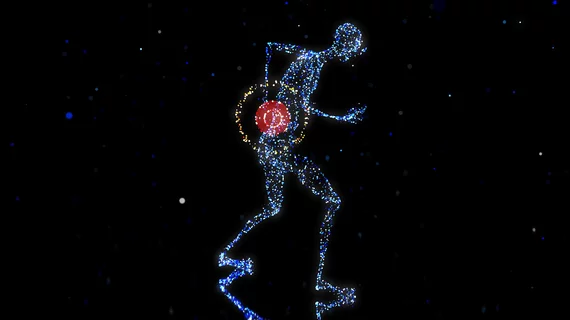Novel 3D lumbar MRI speedy as well as suitable
Researchers at the Hospital for Special Surgery in New York City have demonstrated fast but fine 3D lumbar image acquisition on MRI using deep learning image reconstruction.
In a study published Jan. 5 in Skeletal Radiology [1], the team notes the technique has lagged broad adoption because until now it has entailed time-intensive postprocessing labor.
In the project, a new approach cut total 3D acquisition times by 54% compared to a standard 2D protocol.
J. Levi Chazen, MD, Darryl Sneag, MD, and co-authors sent 35 patients for lumbar MRI using both conventional 2D methods and their novel “rapid protocol.”
The latter combines 3D imaging, enhanced and denoised with AI using a prototyped deep-learning algorithm and a two-point Dixon sequence.
The researchers recorded imaging times and had all images graded by subspecialized radiologists.
Along with the hefty reduction in image-acquisition time, the authors report their protocol demonstrated strong agreement with the standard-of-care protocol when visualizing various lesions, fractures and stenoses.
Chazen et al. state their 3D lumbar MRI technique stands to help adopters speed image acquisition without sacrificing diagnostic accuracy.
“Although previously limited by long postprocessing times, this technique has the potential to enhance patient throughput in busy radiology practices while providing similar or improved image quality,” they write.
Study abstract here (full text behind paywall).

